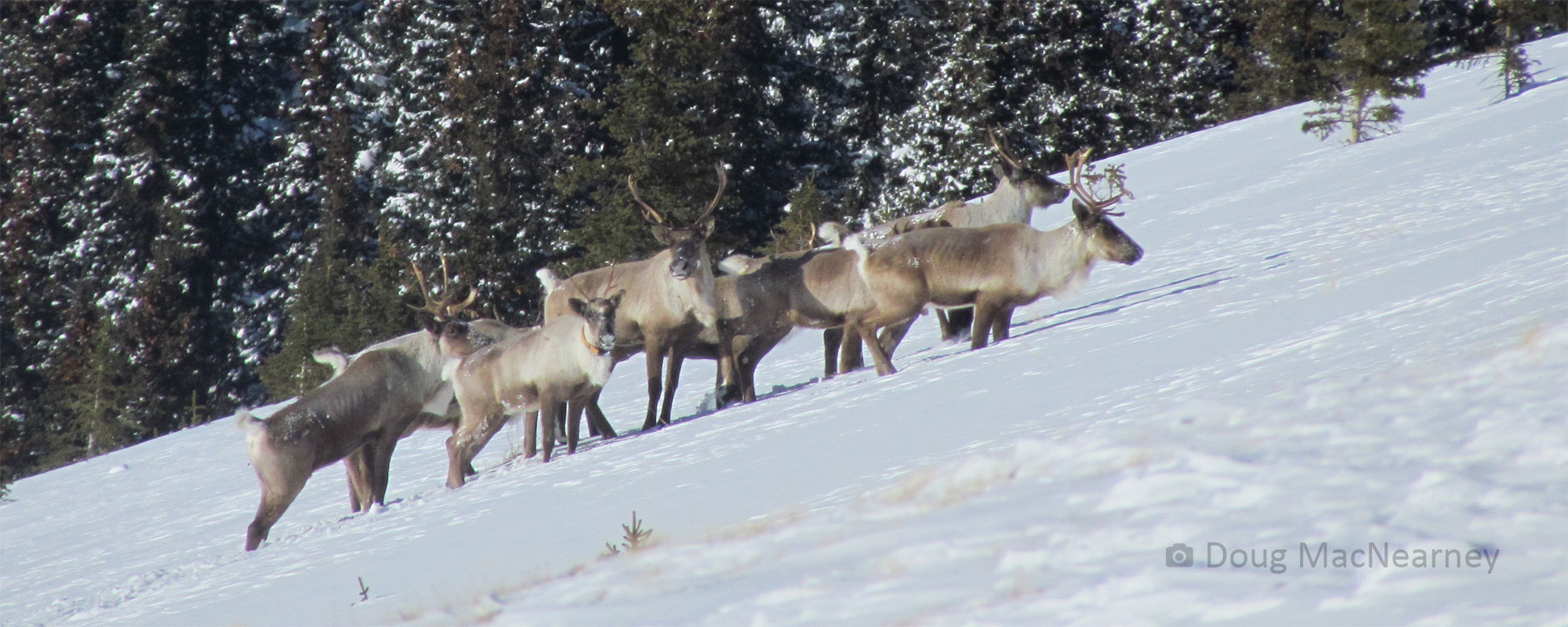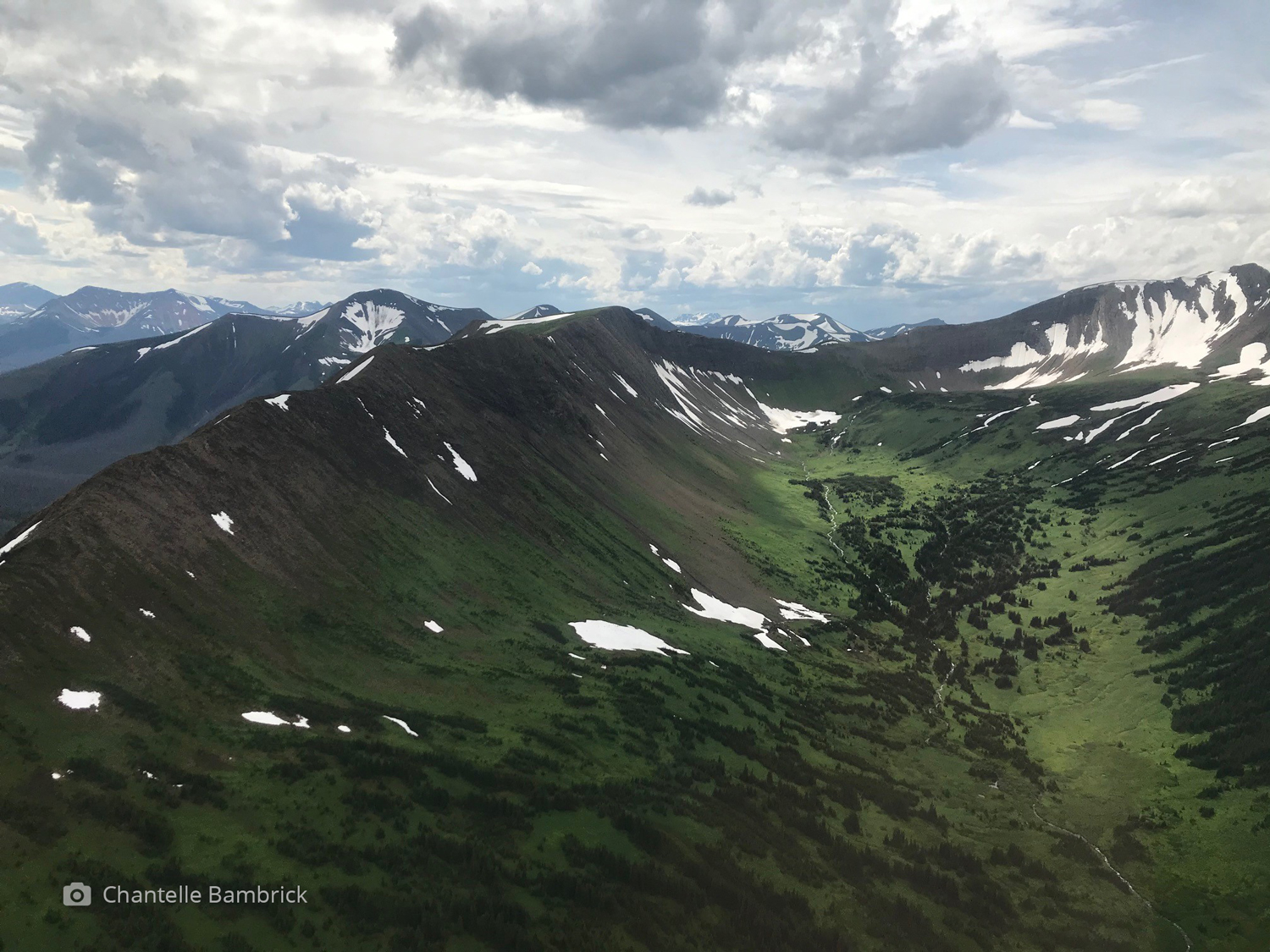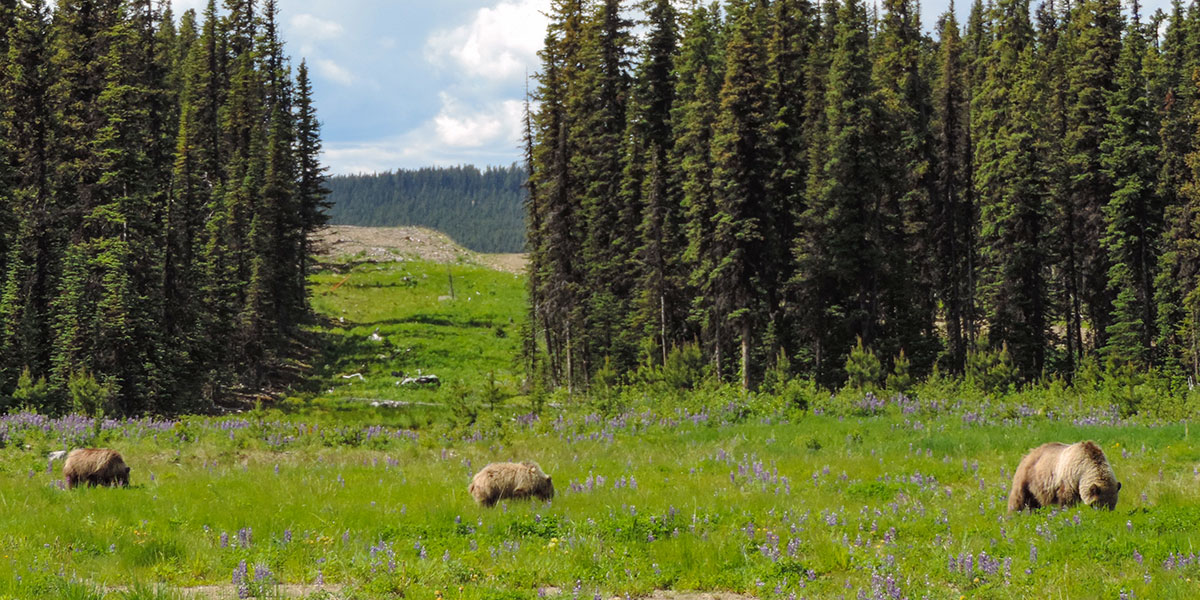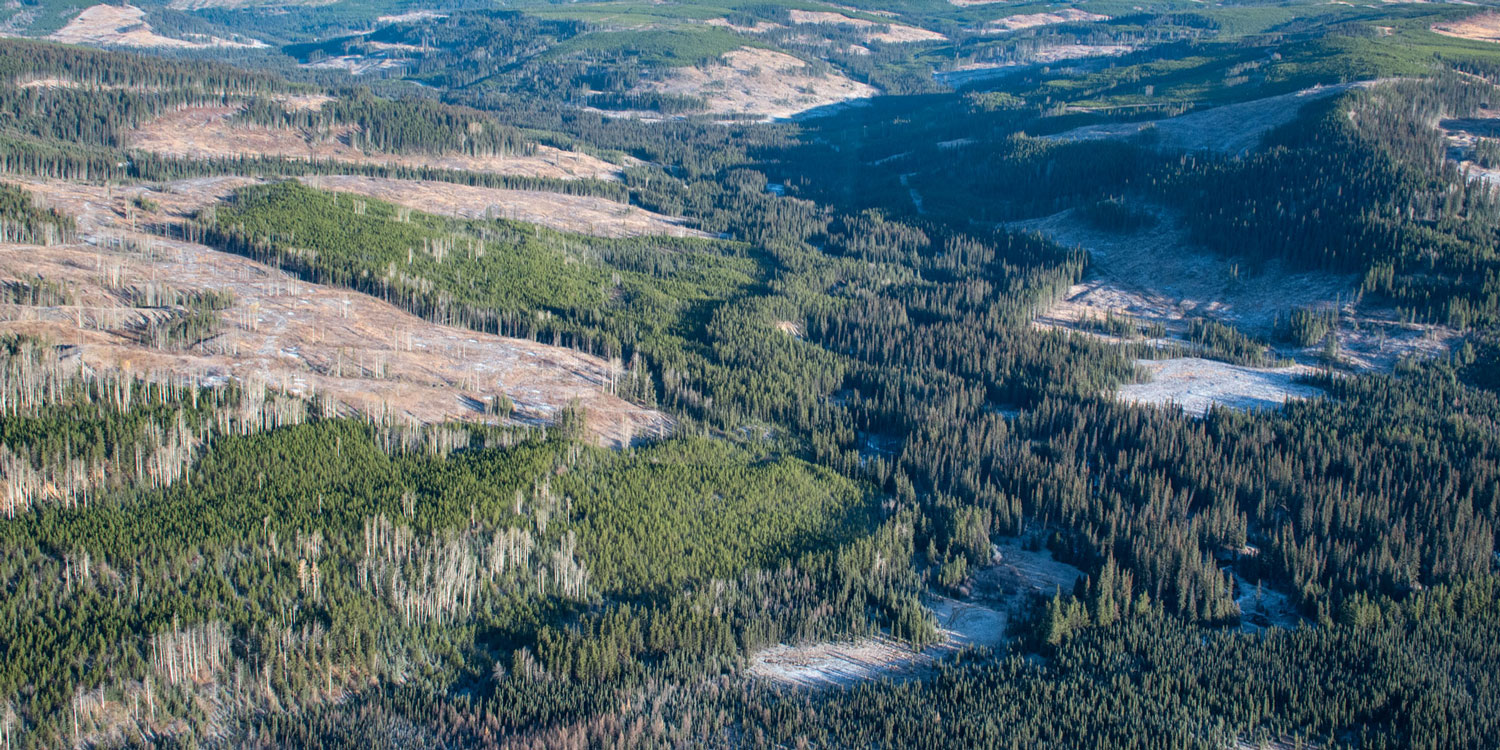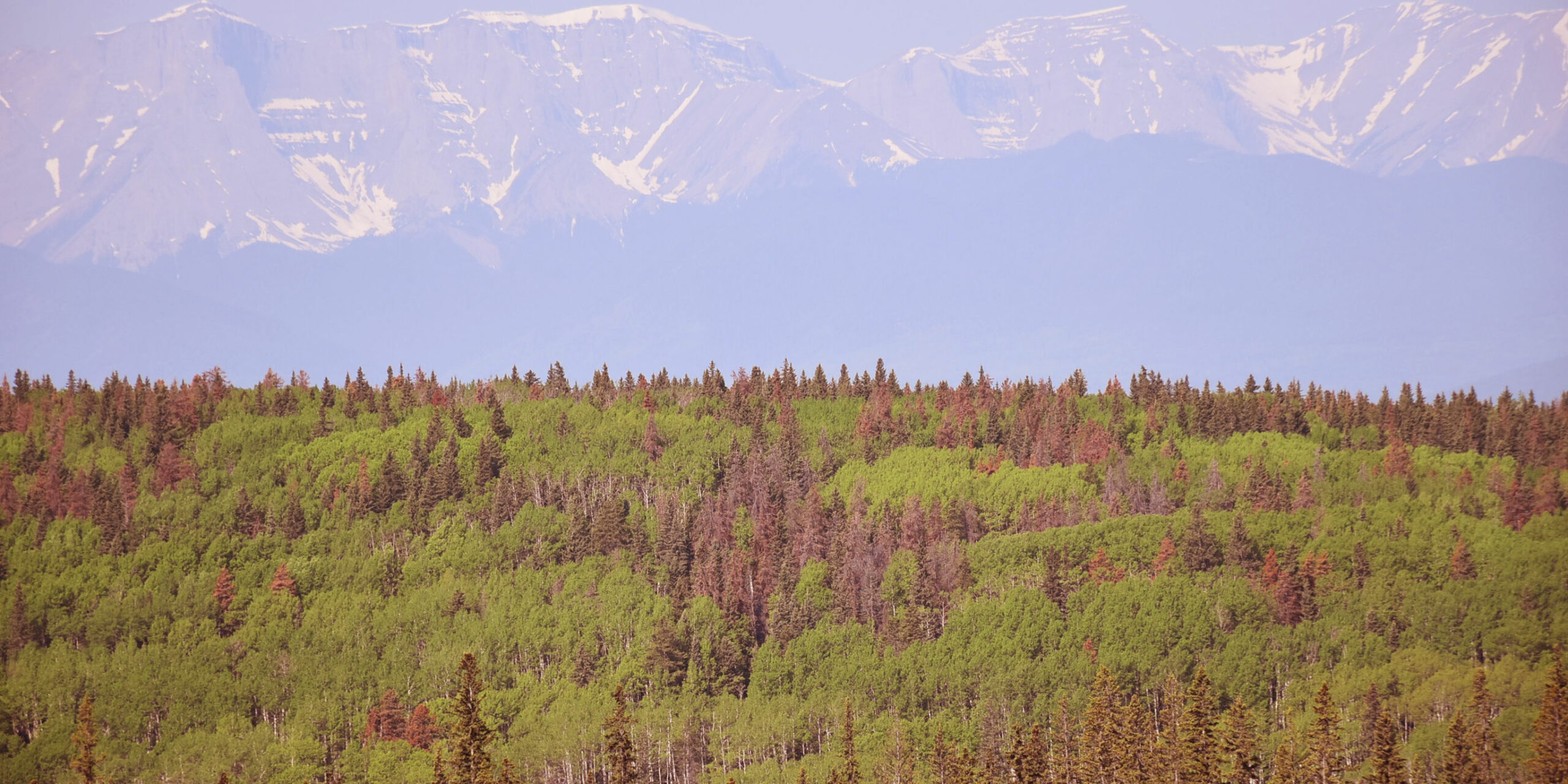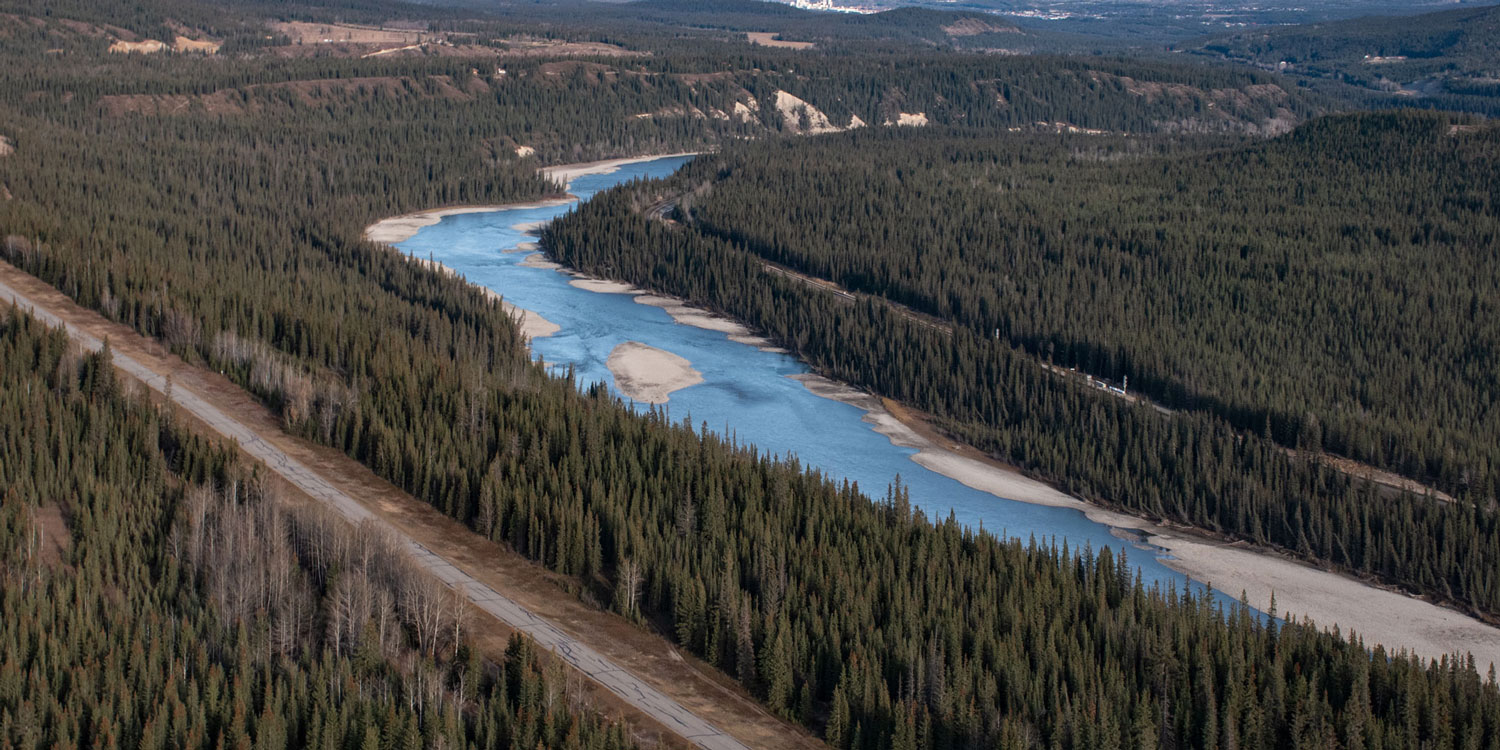Erin has over 10 years of experience working in environmental sciences, including research in university labs, as a consultant, and now as a Water and Fish Program researcher.
How did you get into science?
I disregarded all advice from my parents and teachers and, despite being a strong student in biology and chemistry, went straight from high school into a diploma program in travel and tourism. I don’t think it was a surprise to anyone that I only worked in the industry for about 6 months before picking up a U of A calendar to search for different program options.
I ended up doing a BSc in general biological sciences since I liked the flexibility that it offered: I did a minor in earth sciences, taking as many GIS courses as I could, and courses like soils and hydrology.
I think when I got really excited about environmental science in particular, and when I started to understand the possibilities that were out there for me, was during my time working as an undergraduate research assistant in the Soil Biogeochemistry Lab (side note: this lab is led by Sylvie Quideau, an amazing female scientist!).
Between 2007 and 2018, I tried on a lot of different hats – working in labs, working as an environmental consultant/analyst, spending a season living out what I thought was my dream job as a park ranger, working in environmental education, outreach, and stewardship – until I realized that what I was really interested in was water. I should have figured this out sooner, considering my life outside of work mostly revolved around all things water: paddling, skiing, fishing…
The rest is recent history! Within a few months of applying for a temporary job as a watershed science field assistant, I was back at the U of A, this time starting a MSc program in Water and Land Resources, and joined the Water Program in April 2020.

What do you like about your work?
At the top of my list are the possibilities to try new things or work on different projects, and the opportunities to keep learning. I’ve learned something new from every job that I’ve had, and the breadth of my experience has served me well in graduate school and in my new career.

What’s hard about your job?
I do experience impostor syndrome, a lack of confidence that holds back me, and a lot of women in any discipline. It’s certainly kept me from reaching for certain roles, from sharing my professional opinions, and has even kept me from “owning” my successes or taking credit for jobs well done.
However, I’ve been incredibly lucky in that I’ve had great role models and mentors – female and male alike – who have helped me see that I have some really valuable strengths, that I’m probably not the dumbest person in the room (we all just bring something different to the table), and that failures are mostly just learning through experience and don’t define my worth as a scientist or professional.
What’s something you’re excited for?
I’m really looking forward to travelling back to some of my favorite places that I visited while sampling resource roads across Canada for my master’s research!

